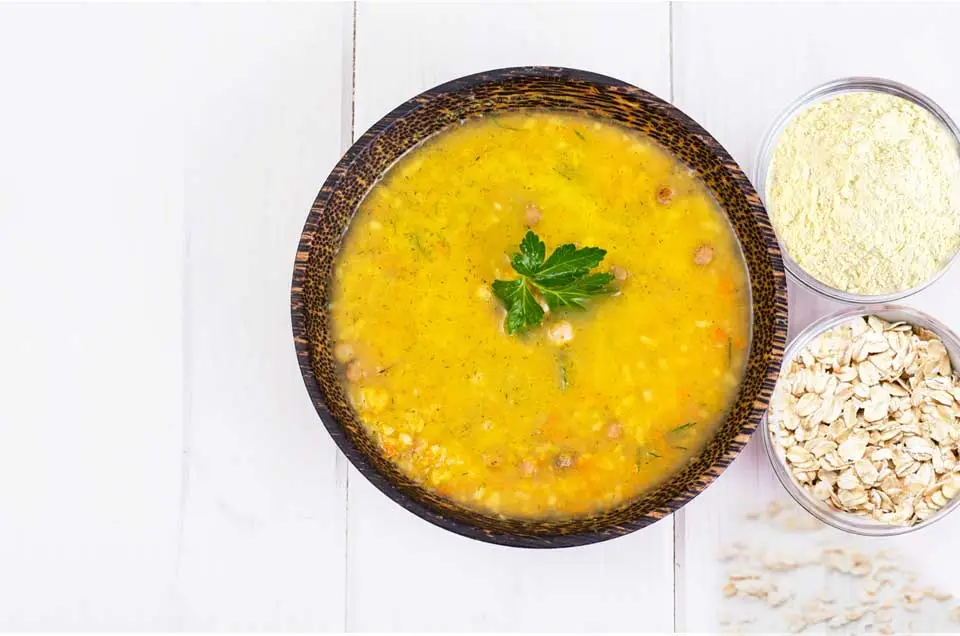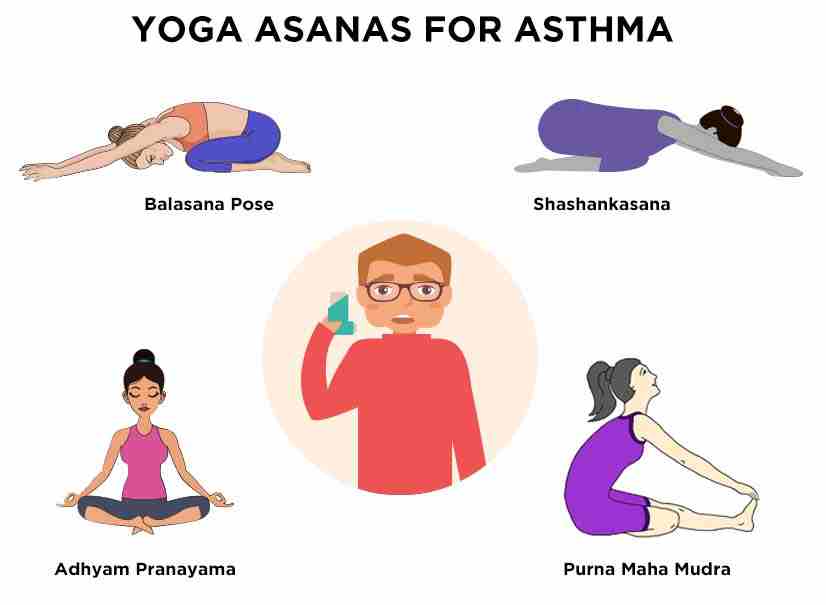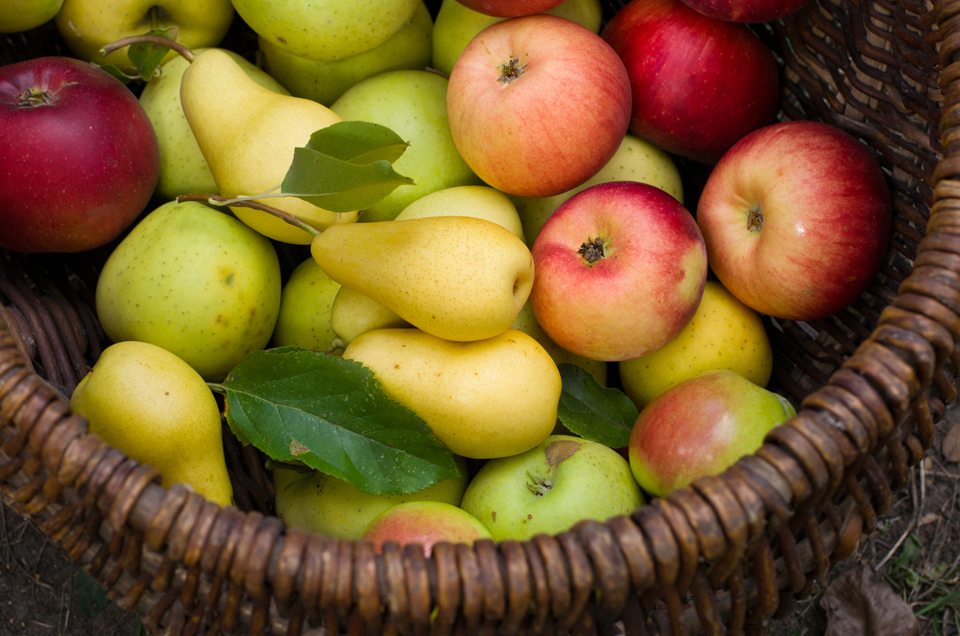A Kapha Balancing Diet:
This kind of diet aims to neutralize excess Kapha. Include foods that are warm, dry, light, fibrous, and easily digestible, such as radishes, turnip, raw onions, lentils, kidney beans, and soya beans. Spices like ginger, cinnamon, cumin, cardamom, saffron, and turmeric also pacify Kapha. It’s important to avoid foods that are packaged, stale and cold, since they’re notorious for aggravating Kapha. Foods that are excessively sweet are heavy, moist, and oily and unsuited when your Kapha is out of balance.
Fruits:
Fruits with more astringent flavours are more favourable as they help purify the blood and improve liver function, which speeds up the metabolism. Some fruits you can have are apricots, cherries, grapes, mangoes, pears, berries, and pomegranates. Apples are especially recommended for two reasons - they help you lose weight and increase lung function, thereby reducing Asthma attacks. Fruits like bananas, dates, kiwis and watermelons should be avoided as they increase Kapha.
Vegetables:
Slightly astringent and bitter foods such as bell peppers, broccoli, garlic, corn, potatoes, spinach, okra, peas, and onions lower Kapha. Vegetables to be avoided include cucumbers, tomatoes, pumpkin and sweet potatoes.
Grains:
Heavy, moist, or dense grains like oats, rice and wheat imbalance the Kapha. Instead, opt for lighter and rougher grains like barley, buckwheat, amaranth and wild rice. In general, lower grain consumption is advised for those who are overweight and suffering from Asthma.
Exercise:
Light physical activity such as yoga and short walks are a must as they exercise both the body and the lungs. It’s important to exercise as much as your condition allows you, because you don’t want to exert yourself and have an Asthma attack. However, be sure to have some level of physical activity in your daily routine as lowering of the fat content is what lightens the body and makes breathing easier.
Other Quick Tips:
In addition to the above lifestyle changes we’ve recommended, here are a few more tips you can incorporate into your day to day routine to lose weight and keep Asthma under control
-
Have a few slices of ginger before eating your meals. This improves your digestive fire and helps boost your metabolism
-
Boil Triphala in water and drink this throughout the day. It helps cleanse and detoxify the digestive system, thereby aiding weight loss.
-
Have water that is infused with the goodness of spices like cumin, liquorice, cinnamon, honey, or fennel seeds. This balances Kapha, keeping both Asthma and weight gain in check.
-
Eat only when you’re hungry and not according to the time of the day. Don’t force yourself to eat just because it’s lunch time or dinner time.
Obesity is the prime reason for many diseases in our body. Respiratory issues linked to obesity follow when the extra weight squeezes the lungs and causes restricted breathing. Following these simple diet tips along with regular exercise can help you assuage the symptoms associated with Asthma.
For long-term relief from Asthma, consult a Jiva doctor today. You can dial 0129-4040404 from your mobile phone or click on ‘Speak to a Doctor’ under the CONNECT tab in the Jiva Health App.

































